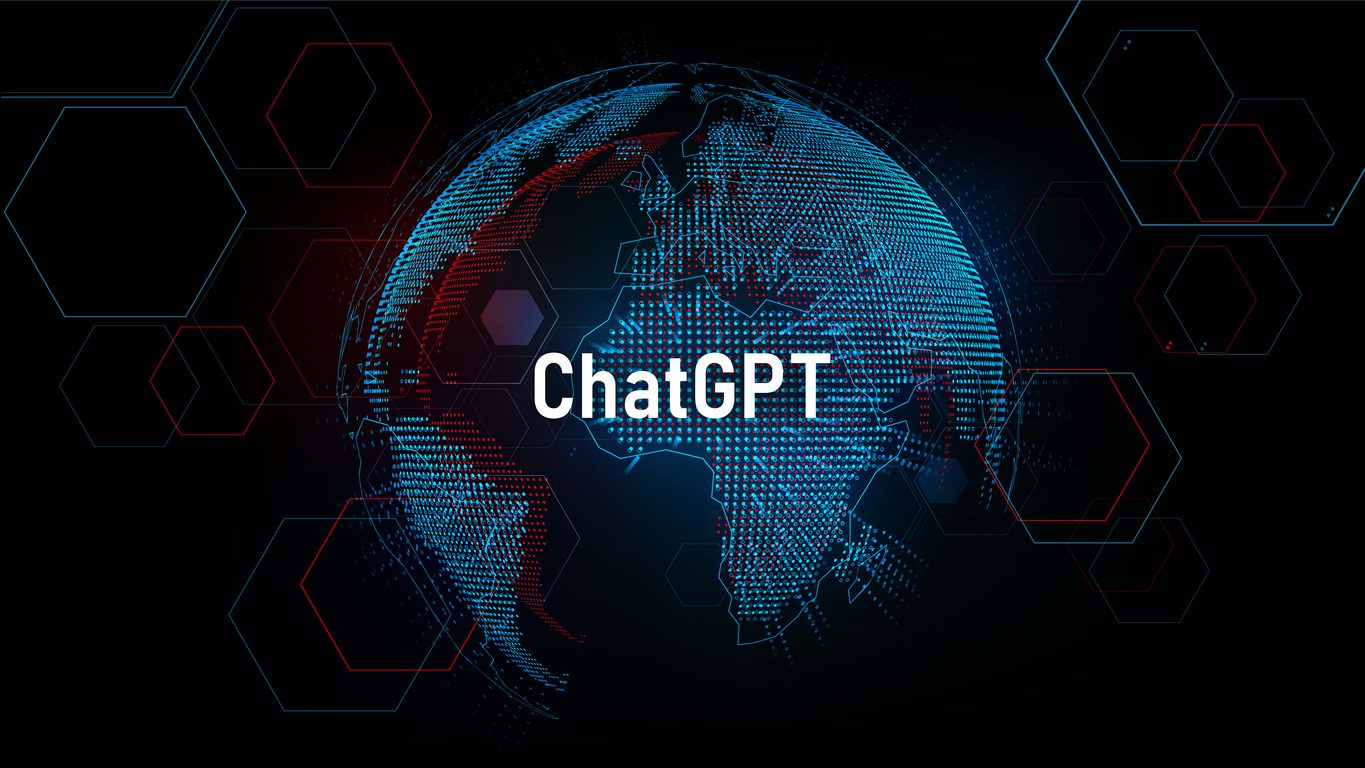ChatGPT, the brainchild of OpenAI, faced significant disruption on November 8th, encountering a Distributed Denial of Service (DDoS) attack claimed by hackers with pseudo names “Anonymous Sudan” and “SkyNet.” Users were met with a “ChatGPT is at capacity right now” notice, prompting swift acknowledgment and resolution by OpenAI. Even though the application appeared to be functioning normally at the time of writing, OpenAI remains silent on the attackers’ identity.
OpenAI’s latest update states, “We are dealing with periodic outages due to an abnormal traffic pattern reflective of a DDoS attack. We are continuing work to mitigate this.” The company also claimed that a fix was implemented within one hour in response to this security incident.
It is pertinent to mention this is not the first time ChatGPT has suffered a significant cyberattack. In March earlier this year, chat history titles of a selected group of users were leaked and shown to other users. It was later revealed that this bug was caused by an open-source library the company used.

What is a DDoS Attack?
A DDoS attack is aimed at disrupting online services by intentionally overloading a system with excessive traffic from multiple sources. Hackers leverage networks of compromised devices to flood the target with requests and render its infrastructure inaccessible to legitimate users.
By saturating the servers, network infrastructure, or other resources, DDoS attacks render systems temporarily unavailable. Companies invest significantly in safeguards against such attacks, which have the potential to cause major disruptions and monetary losses when public-facing systems get taken offline.
Only time will tell what security measures are implemented by OpenAI to forestall possible cyberattacks of such nature in the near future.
Reference:
https://www.pcmag.com/news/openai-blames-chatgpt-outages-on-ddos-attacks




